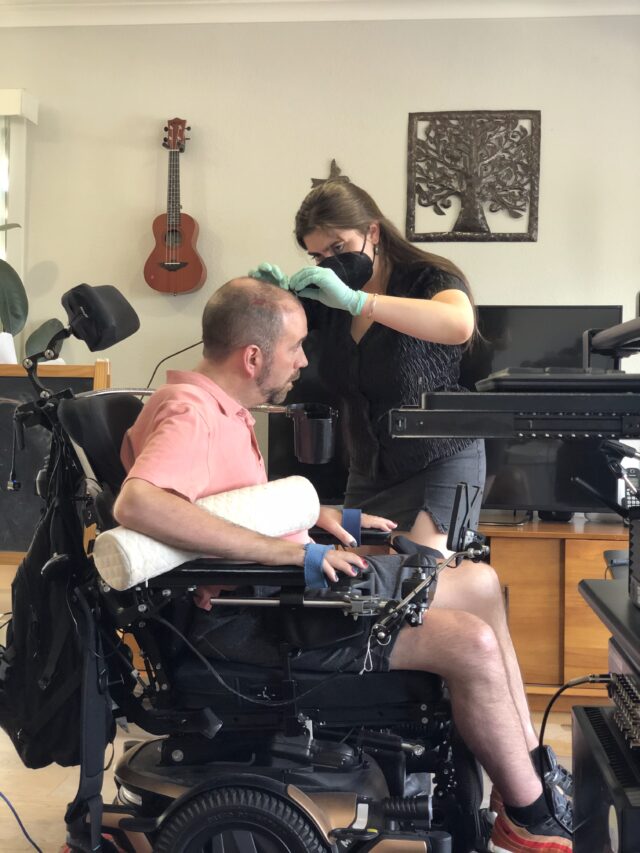A neural brain implant provides near instantaneous speech
arstechnica.com
Stephen Hawking, a British physicist and arguably the most famous man suffering from amyotrophic lateral sclerosis (ALS), communicated with the world using a sensor installed in his glasses. That sensor used tiny movements of a single muscle in his cheek to select characters on a screen. Once he typed a full sentence at a rate of roughly one word per minute, the text was synthesized into speech by a DECtalk TC01 synthesizer, which gave him his iconic, robotic voice.
But a lot has changed since Hawking died in 2018. Recent brain-computer-interface (BCI) devices have made it possible to translate neural activity directly into text and even speech. Unfortunately, these systems had significant latency, often limiting the user to a predefined vocabulary, and they did not handle nuances of spoken language like pitch or prosody. Now, a team of scientists at the University of California, Davis has built a neural prosthesis ...
Copyright of this story solely belongs to arstechnica.com . To see the full text click HERE



